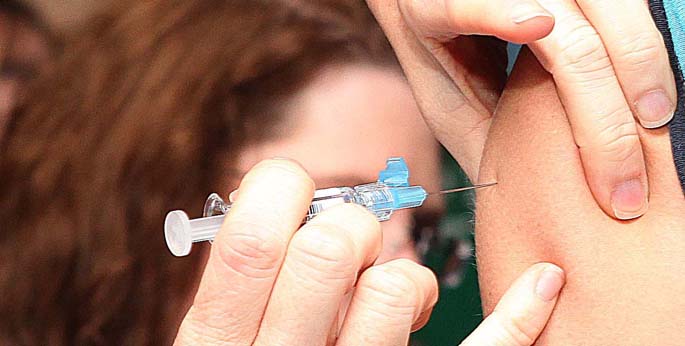Misinformation
-

Biological scientists find that external factors impact vaccine belief-behavior predictions
Widespread trust in vaccines often leads to higher vaccination rates, but vaccine shortages can deter even those with confidence in vaccines. Furthermore, while vaccine mandates can create an appearance of universal vaccination, people may remain hesitant, resulting in lower compliance than anticipated. Read MoreOct 5, 2023
-

Study shows that repeated statements are more often judged to be true, regardless of a person’s age or prior knowledge
Researchers from Vanderbilt Peabody College of education and human development ask two questions in a recent study related to the illusory-truth effect: Do adults learn during childhood to associate repetition as a cue for truth, and can their prior knowledge protect them from the effect? Read MoreOct 6, 2020
-

How to spot misinformation—and what to do about it: Expert advice from psychology professor Lisa Fazio
Lisa Fazio, assistant professor of psychology and human development at Peabody College, shares a few tips on how to avoid knowledge neglect and spreading misinformation. Read MoreSep 22, 2020
-

Fact or Fake? The role of knowledge neglect in misinformation
Psychological research demonstrates that noticing errors in what we read is often difficult, and that those errors can affect our later beliefs, even when we know they’re wrong. Read MoreMay 15, 2020